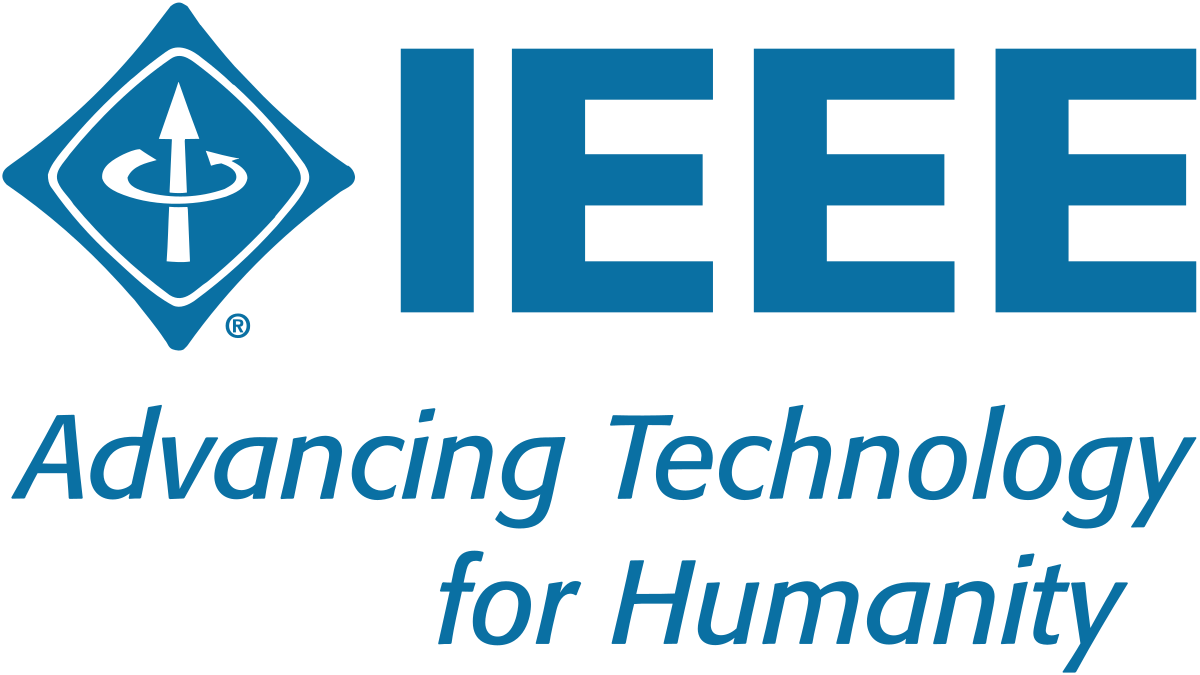
Joseph Brown: Joseph Alexander Brown was born in Niagara-on-the-Lake, ON, Canada, on July 6, 1985. He received the B.Sc. (Hons.) with first class standing in computer science with a concentration in software engineering, and M.Sc. in computer science from Brock University, St. Catharines, ON, Canada in 2007 and 2009, respectively. He received the Ph.D. in computer science from the University of Guelph in 2014. He also holds a к.ф.-м.н. issued by the Russian Higher Degree Attestation Committee in 2019.
He previously worked for Magna International Inc. as a Manufacturing Systems Analyst and as a visiting researcher at ITU Copenhagen, and was most recently Associate Professor and Head of the Artificial Intelligence in Games Development Lab at Innopolis University in Innopolis, Republic of Tatarstan, Russia. He is currently an Assistant Teaching Professor at Thompson Rivers University, Kamloops, BC, Canada and an Adjunct Professor of Computer Science at Brock University, St. Catharines, ON, Canada.

Marco Scirea: Marco Scirea is an Associate Professor in the Maersk Mc-Kinney Moller Institute at University of Southern Denmark as part of the Game Development and Learning Technologies group.
He has a PhD in Affective Music Generation and its Effect on Player Experience as part of the Center for Computer Games Research games at the IT University of Copenhagen.
His PhD research investigated the expression of moods and the affective effect this mood-expressive music can have on the listener and applied this research to games: the final objective was to create a system where, by using a cognitive model of the player, we would be able to identify the player's emotional state and be able to reinforce or manipulate it through the use of mood-expressive music to improve user experience.
What this research hopes to achieve is creating better immersive experiences (reinforcement of current emotional state and playstyle) and help the designers create experiences where the players are put in a specific emotional state (manipulation).

Robert Seib: Rob Seib is an IT professional, board game designer, and TRU alumni with a comp sci diploma. He is most passionate about designing human-centric, inclusive experiences.

Jonathen Strebchuk: Jonathen has been playing video games since the NES was new, and has been directly and indirectly involved in the industry for a number of years. He has been involved in QA builds and marketing for a number of video games and is a content creator with a few thousand followers. He is also part of a content creator community with a large audience reach. Currently Jonathen is an IT manager with BCLC and is currently studying Technology Management at BCIT.
Jonathen understands the business of video games, from business planning, marketing (traditional and non-traditional), operations and building a broad and loyal audience.



